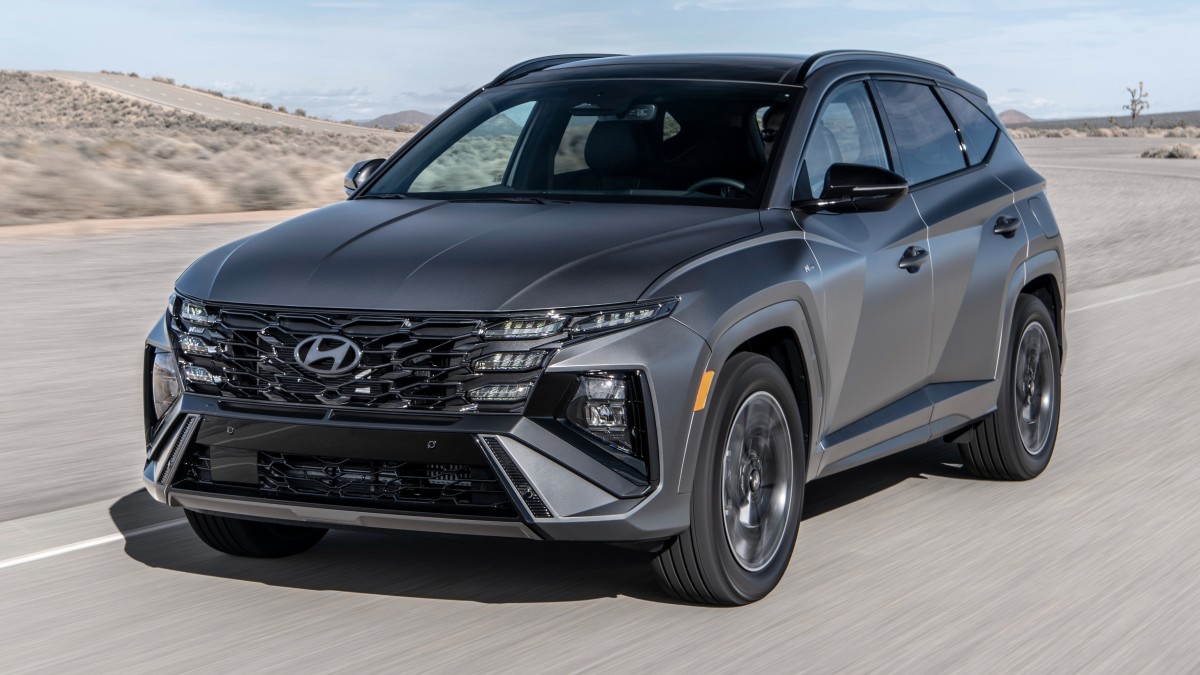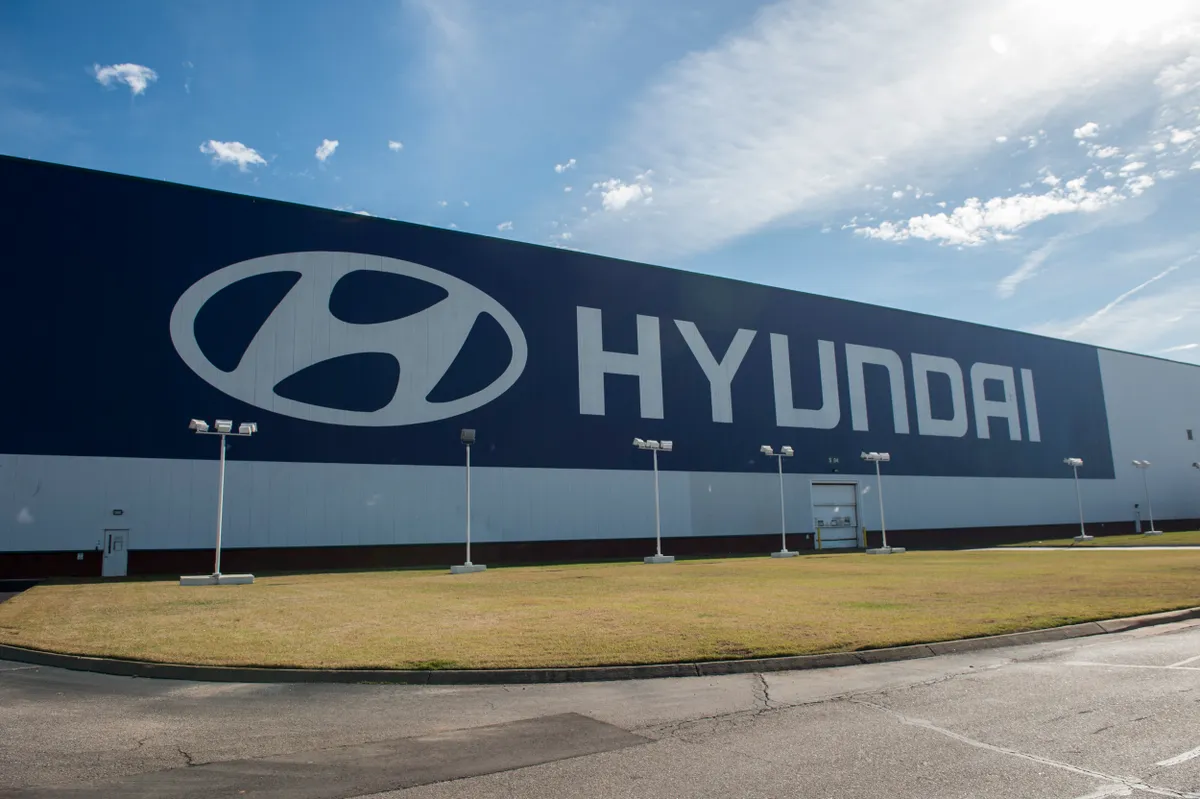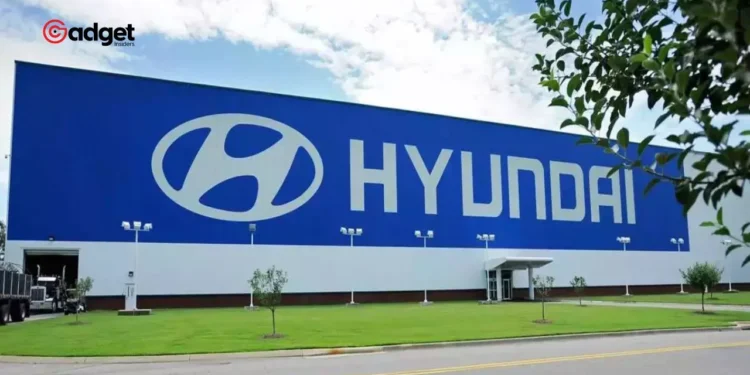Hyundai Motor Co., a dominant player in the global automotive industry, is currently grappling with severe allegations of benefiting from illegal child labor at its Alabama manufacturing facilities. This situation has not only cast a shadow over Hyundai’s corporate practices but also raised significant concerns about regulatory oversight in automotive supply chains.

Uncovering the Depth of the Issue
In a recent development, the U.S. Department of Labor has initiated legal action against Hyundai, staffing agency Best Practice Service, and supplier ITAC Alabama. The lawsuit, which was filed in the Middle District of Alabama, highlights disturbing violations of labor regulations. According to the federal complaint, these violations involve the employment of children under the age of 14, engaging in what is termed as “oppressive child labor.” The period of these alleged violations spans from July 2021 to February 2022.
The case points out that one minor was reportedly working on an assembly line at an ITAC facility in Laverne, handling machinery that formed metal sheets for automobile bodies. Shockingly, this child was alleged to have worked up to 60 hours a week. ITAC, which was formerly known as SMART Alabama, supposedly had two other minor employees under similar conditions. The Department of Labor’s investigation reveals that nearly all component parts manufactured by ITAC were destined for Hyundai’s Montgomery factory, indicating a direct link in the supply chain.
DOL lawsuit targets Hyundai profits, alleges supplier employed 13-year-old https://t.co/4l9JD21QAJ via @automotive_dive
— Gregory A. Butler (@GREGORYABUTLER) June 3, 2024
The Corporate Accountability Challenge
Company’s indirect control over these underage workers through its supplier chain has brought up critical questions about corporate responsibility and ethical labor practices. Seema Nanda, the U.S. solicitor of labor, emphasized the intent of the lawsuit in a recent statement, asserting, “Companies cannot escape liability by blaming suppliers or staffing companies for child labor violations when they are in fact also employers themselves.” This lawsuit seeks not only legal redress but also aims to compel Hyundai and the involved companies to forfeit any profits gained from the use of child labor.

Broader Implications and Industry Reactions
This is not the first time Hyundai has been in the spotlight for similar issues. In December 2022, Reuters uncovered that at least four major suppliers for the company and its sister brand, Kia Corp., had employed child labor in Alabama in recent years. Following earlier allegations, Company responded to the accusations by stating that it “does not tolerate illegal employment practices in any Hyundai entity.”
The automotive industry watches closely as these proceedings unfold, understanding that the outcome could set a precedent for how supply chain responsibilities are defined and enforced in the United States. With the potential legal and ethical ramifications at stake, Hyundai’s response to these allegations will be critically observed by investors, consumers, and regulatory bodies alike.
Hyundai Lawsuit: Ethical Labor Challenges
As the lawsuit progresses, it serves as a stark reminder of the challenges and responsibilities global corporations face in maintaining ethical labor practices across their operations. This case against Hyundai, Best Practice Service, and ITAC Alabama not only highlights the need for stringent oversight but also underscores the importance of corporate integrity in the age of global manufacturing.










